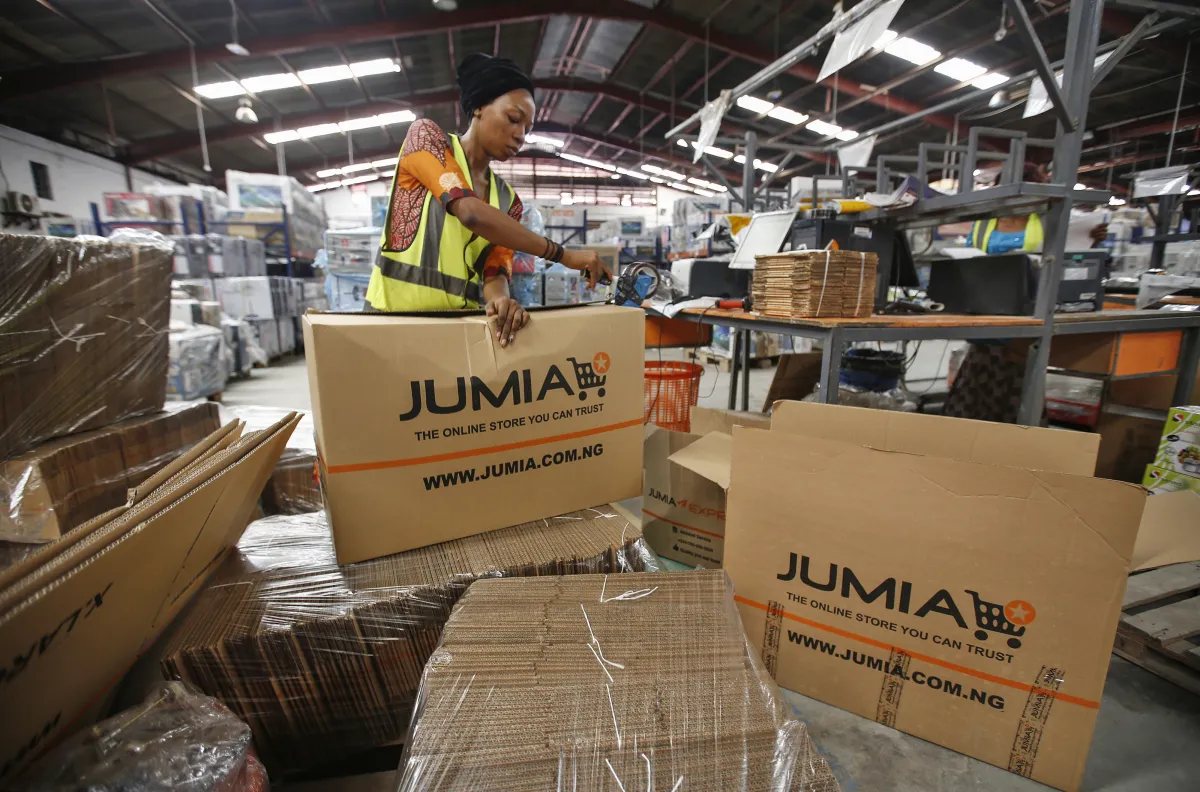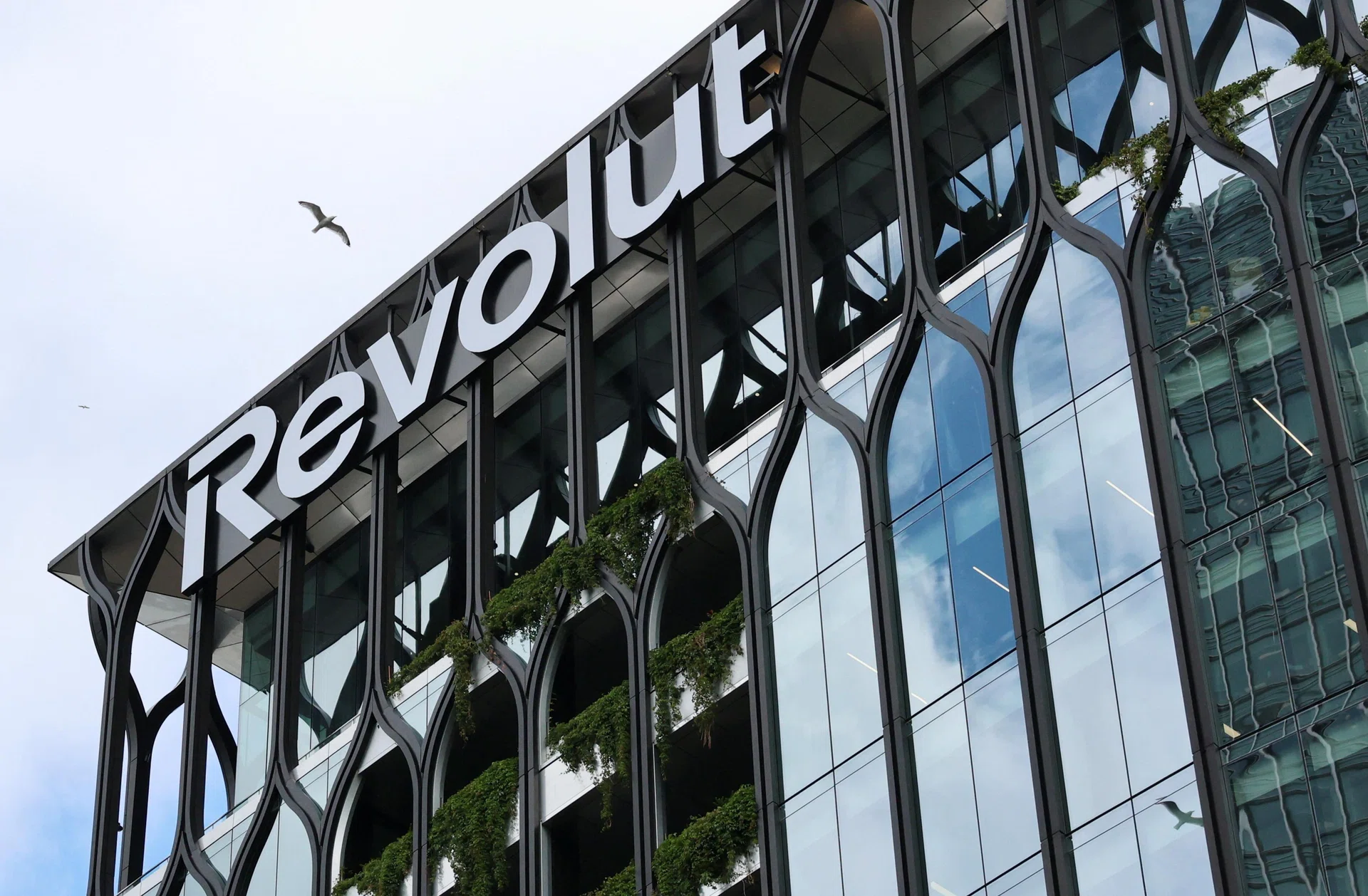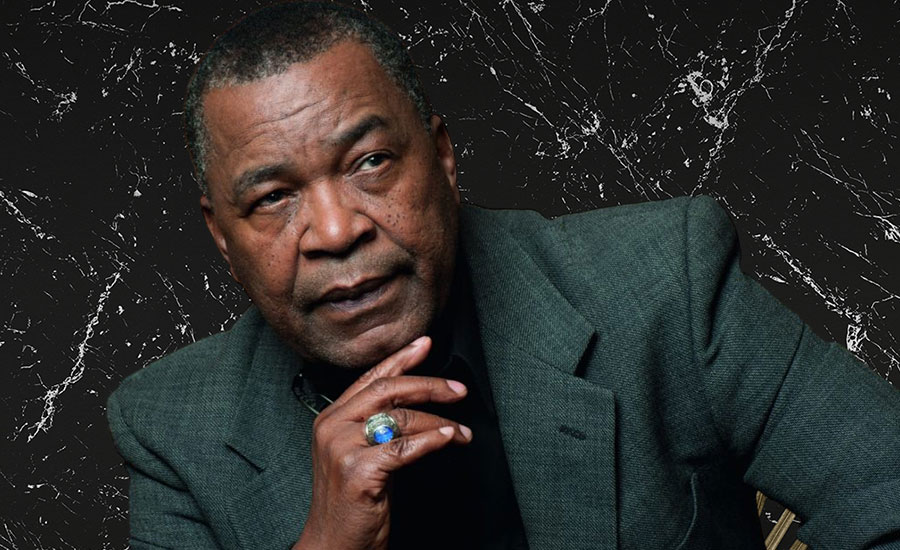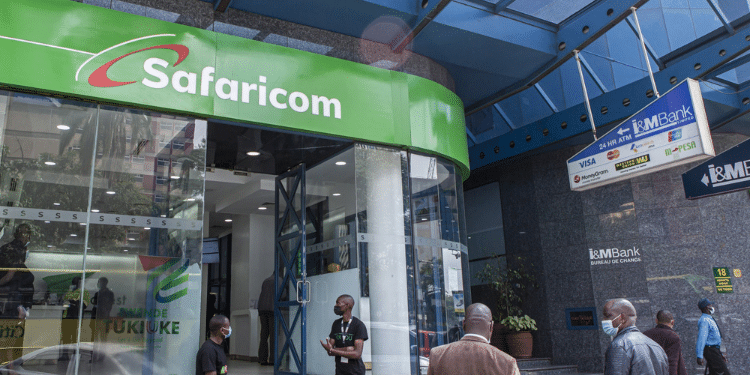In a continent where informal finance systems remain the financial lifeline for millions, Cairo-based fintech startup MoneyFellows has built something quietly powerful, digitising a centuries-old savings tradition and turning it into a scalable, tech-first platform.
Now, with a fresh $13 million injection from a pre-Series C funding round, the company is gearing up for a bold new chapter: expanding its ROSCA-based model across Africa and beyond.
But this isn’t your typical fintech growth story fuelled by burning cash and mounting debt. In fact, what sets MoneyFellows apart is the very thing that makes its latest raise so significant: it has achieved profitability without carrying a heavy balance sheet or relying on working capital.
In a region saturated with digital lenders and BNPL startups exposed to credit risk, that’s no small achievement.
A Fintech Built on an Ancient System Without the Debt
At the core of MoneyFellows is a digital version of the Rotating Savings and Credit Association (ROSCA), known locally in Egypt as gam’eya, and by other names like esusu in Nigeria or chit funds in India.
These community-based savings groups have existed for generations, helping members pool resources and access lump sums of money at scheduled intervals.
MoneyFellows takes this concept online. Through its platform, users can join vetted “circles”, contribute monthly payments, and receive payouts in turn without the platform directly issuing loans.
Instead, it uses behavioural data, income levels, and credit history to match borrowers and savers intelligently, stepping in only when a group has an unfilled slot.
Remarkably, only about 7–8% of active circles require MoneyFellows to intervene with working capital, minimising risk while maximising liquidity for the rest of the group.
It’s a lean and efficient model that has enabled the startup to lend billions of Egyptian pounds without relying on debt, a rarity among fintechs in Africa.
READ ALSO:
What InfiniLink’s $10M Investment Means for Egypt’s Semiconductor Industry
Why the $13M Raise Matters Now
The new funding round, led by Al Mada Ventures and Nclude by DPI, also saw participation from global players like Partech Africa and CommerzVentures.
While the round is technically a bridge to a larger Series C raise planned for next year, it’s more than just a capital boost; it’s a signal that MoneyFellows is ready to scale beyond Egypt’s borders.
For founder and CEO Ahmed Wadi, the priority now is to leverage the company’s organic growth and proven profitability to expand into new markets, starting with Morocco by the end of the year. “Cracking the ROSCA model took time,” he admits, “but now we’ve built the engine to take this regional.”
Morocco: The Next Logical Step
Morocco presents a compelling starting point for regional expansion. Like Egypt, it has a large unbanked population and a deeply rooted savings culture (known locally as daret).
MoneyFellows has already secured regulatory approvals and partnerships in the country, paving the way for a smoother market entry.
Wadi also sees opportunities linked to major events like the 2030 FIFA World Cup, which is expected to boost digital infrastructure and financial inclusion efforts in the country.
The Secret Sauce: Organic Virality and Lean Operations
One of the platform’s most unique strengths is its built-in virality. Because ROSCAs rely on trust and community, when a few users join digitally, they tend to bring their entire offline group with them.
This word-of-mouth growth has helped MoneyFellows grow from 4.5 million to over 8.5 million users in less than three years without burning cash on aggressive marketing.
Moreover, the average payout per user has nearly doubled, rising from EGP 23,000 to EGP 45,000. Notably, higher-income users are adopting the app, proving that digital ROSCAs aren’t just for the financially excluded; they appeal to savers and borrowers across the income spectrum.
What’s Next: Beyond ROSCAs
With its core model working at scale, MoneyFellows is preparing to roll out a broader suite of financial products, including:
- Investment tools
- Payroll and salary management features
- Insurance products
- Remittances for cross-border users
These additions will place the platform in direct competition with Egypt’s digital banks like Telda, Khazna, and Lucky. But unlike these neobanks, MoneyFellows has the advantage of a proven savings-led community model and a user base already engaging regularly with its platform.
READ ALSO:
Can EVs Power South Africa? Zimi Secures $320K to Find Out
A Model Ripe for Pan-African Growth
If successful, the expansion into Morocco will act as a blueprint for other African and South Asian markets with similar informal savings cultures.
But Wadi knows the model won’t automatically translate everywhere. In countries where traditional banking is more entrenched or community finance is less common, the platform will need to adapt, something it has spent nearly a decade perfecting.
Still, the confidence from investors like Al Mada Ventures is clear. “MoneyFellows has modernised a centuries-old system and made it work at scale,” said Omar Laalej, Managing Director at Al Mada. “It’s not just fintech for the sake of innovation; it’s real impact at the community level.”
Final Thoughts
In an industry often focused on rapid growth at any cost, MoneyFellows is taking a different path, measured, sustainable, and deeply rooted in cultural understanding.
The $13 million raise is not about chasing hype; it’s about building on a profitable foundation to bring inclusive finance to more communities across Africa.
And with 8.5 million users and counting, this fintech may have just found the key to transforming informal savings into a continent-wide financial transformation without ever becoming a traditional lender.
Ronnie Paul is a seasoned writer and analyst with a prolific portfolio of over 1,000 published articles, specialising in fintech, cryptocurrency, and digital finance at Africa Digest News.







Leave a Reply